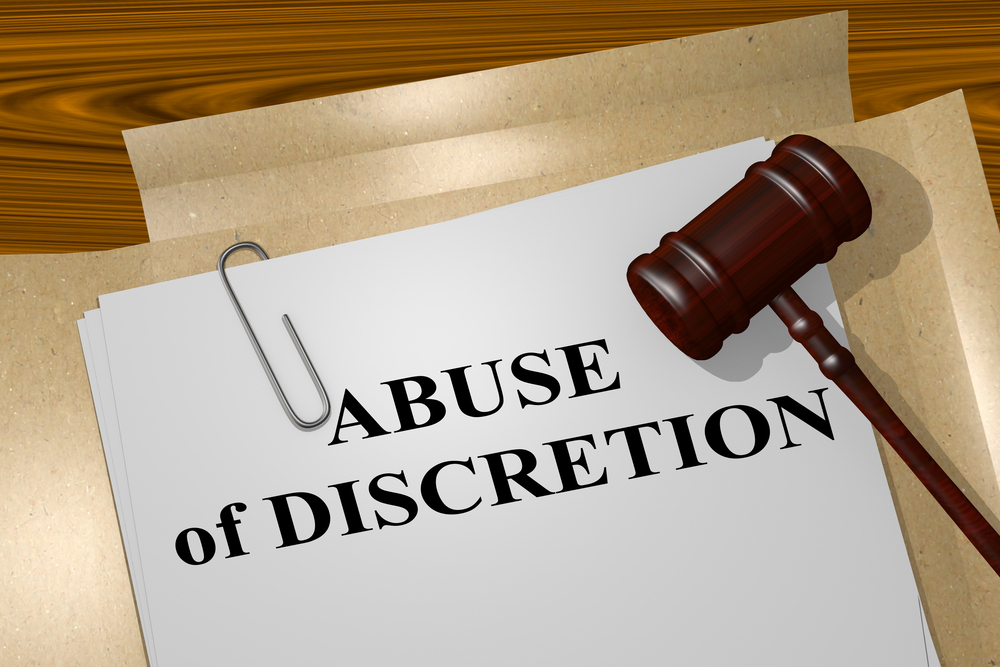Purpose of a Motion in Limine to Exclude Evidence
In order to avoid prejudicial or irrelevant evidence from being introduced to the jury by the adverse party, a party will file a motion in limine to exclude this evidence. “Generally, the purpose of a motion in limine is to prevent the introduction of improper evidence, the mere mention of which at trial would be prejudicial.” Buy-Low Save Centers, Inc. v. Glinert, 547 So.2d 1283, 1284 (Fla. 4th DCA 1989). Stated differently: “The purpose of a motion in limine is to exclude irrelevant and immaterial matters, or to exclude evidence when its probative value is outweighed by the danger of...
Continue reading





